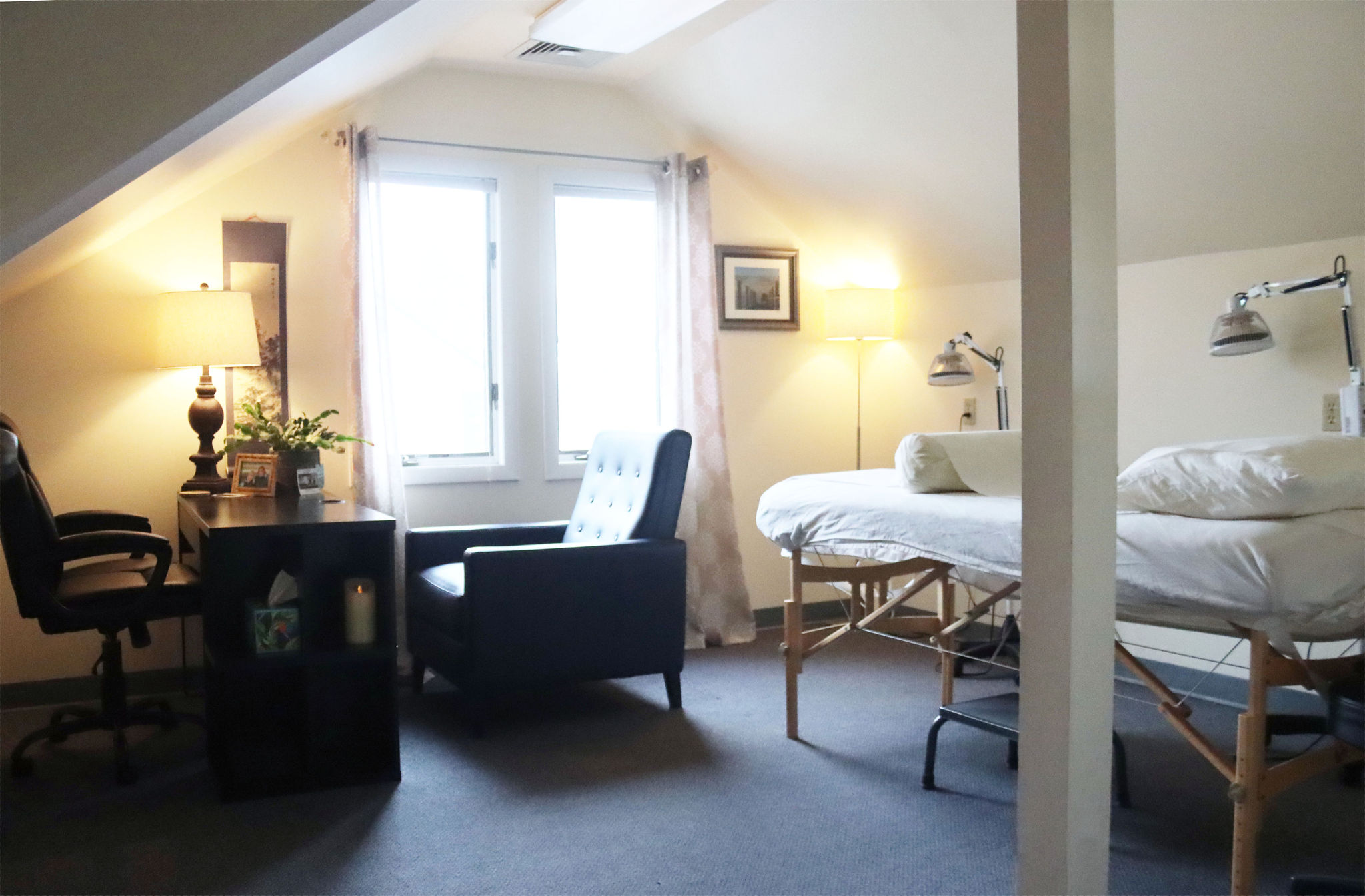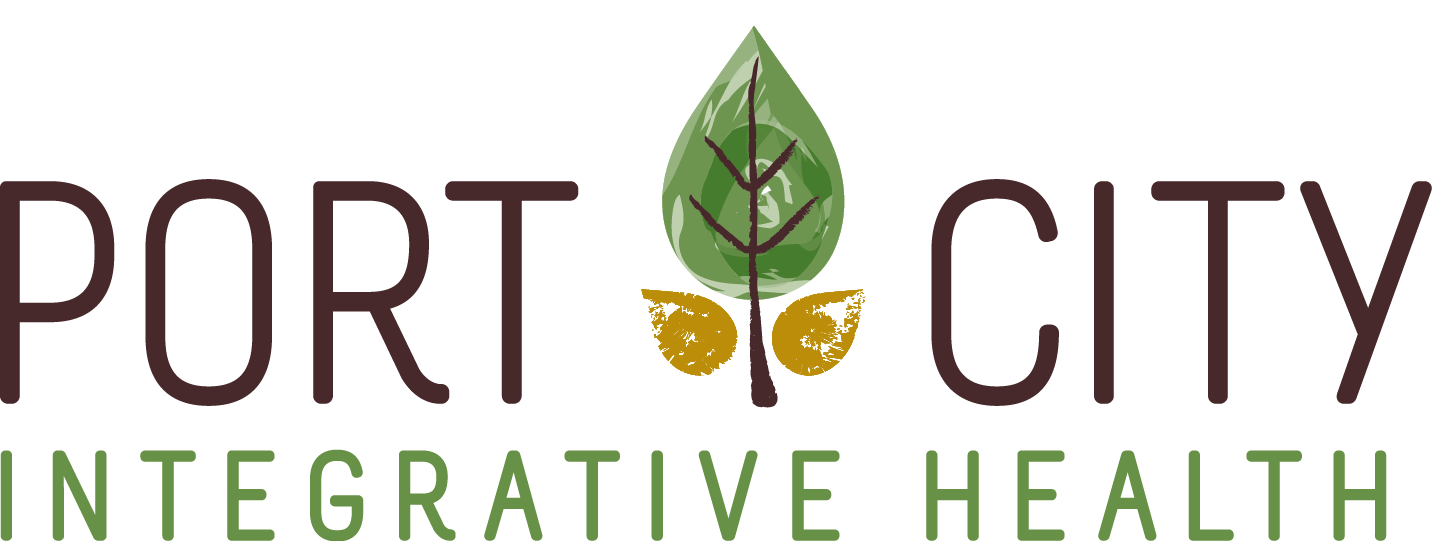
FAQ
-
What if I want to use my health insurance?
The first step is to contact your insurance company to find out if they cover acupuncture or Complementary and Alternative Medicine services for out-of-network providers.
Leith accepts several insurance plans for direct billing (Direct billing means your insurance company pays him directly).
BCBS
Tufts
Harvard Pilgrim
Health Plans Inc
Wellsense
Mass General Brigham
United Health CareYou may have to pay a co-pay at the time of service depending on your health plan. Please call your insurance company before your first appointment to get this information).
Doctor Hardy does not accept insurance for acupuncture and Naturopathic Medicine.
Naturopathic Medicine is not yet covered by most health insurance plans. Some higher end plans will reimburse for Naturopathic and Acupuncture Visits.
If we do not currently accept your health insurance, we can provide you with the paperwork necessary for you to submit to your insurance company for reimbursement.
Fortunately, many health insurance companies will cover diagnostic testing ordered by Naturopathic Doctors. Dr. Hardy
Are there any other options to help make it more affordable? Yes, please go to Book Appointment page on this website and press the scheduling link to view our special acupuncture package deal (under Special offers and Programs) OR contact us.
-
Can I use my HSA (Health Savings Account) at PCIH?
Yes. Patients are able to use HSA credit cards for office visit fees and supplements. Some insurance companies require a letter of medical necessity, which we can provide upon request.
-
What should I wear to acupuncture visit?
Please wear loose fitting clothing that easily goes over the elbow and to the knees. We can provide a gown or sheet if needed to properly drape you during your treatment.
-
Does acupuncture hurt?
No, acupuncture should not hurt. A subtle and momentary prick is often felt around the needle as it is inserted, eventually creating a dull pressure or “QI sensation” around the area during the treatment. Most people are amazed by how relaxed they feel during and after the treatment. This can only occur if the treatment is comfortable and gentle.
-
How often do I need to come in for treatments?
This depends on a number of factors, including your overall health, the nature of your health concern and how long you have been affected by it. When you consider that most health problems do not occur overnight, it is reasonable to assume your healing will take some time as well. In general, due to the cumulative effect of the treatments, a series of treatments is given with greater frequency at the beginning (usually twice a week or three times a week for severe pain), and fewer treatments (as little as one per month) as you are improving and until your condition is resolved. Each person is unique, so your treatment plan will be tailored to meet your unique health needs and goals.
-
Is acupuncture safe?
Yes. Acupuncture performed by a trained and competent practitioner is extremely safe. All needles are FDA-approved, pre-sterilized one time use disposable needles made of surgical steel, so there is no risk of contamination.
-
Are there any side effects for acupuncture?
Acupuncture and Chinese medicine are amazingly safe and virtually free of side effects. If side effects do occur, it is usually nothing more than local tenderness around a point or slight muscle ache that can last for a day or so. Occasionally, one of the points may bleed slightly (no more than a drop or two) if there is contact with a very small blood vessel. These will sometimes have a slight bruise around them; however, this is rare.
-
How does acupuncture work?
According to the classical texts of Chinese medicine, there is an constant flow of life energy (Qi) throughout the human body. This vital energy originates from the major organs, and flows along the continuous circulatory channels called meridians. When the energy flow is smooth and in balance, a person will experience good health. If the balance is disturbed, however, a person will become ill or feel pain. There are some specific points along the meridians called acupuncture points where the energy flow can be stimulated and the function of related organs can be regulated.
-
Can acupuncture be preventative Medicine?
Acupuncture stimulates the immune system, which can increase your resistance to bacterial and viral infection. Acupuncture promotes increased vitality and enables the body to respond to injury or stress in a proactive manner. In Ancient Japan, it was common for all children from age 1 until puberty to visit their Acupuncturist every year on their birthday to receive immune strengthening treatments. Preventative medicine is truly the best medicine and is appropriate for patients of any age.
-
What conditions are treated with acupuncture?
Some of the conditions that can be treated with acupuncture and Chinese medicine are as follows:
Allergies, Anxiety, Asthma, Auto Injuries, Back pain, Cold hands & feet, Colds & flu, Constipation, Cough, Depression, Diarrhea, Digestive disorders, Dizziness, Eczema, Emotional issues, Nausea (from pregnancy or chemotherapy), Fatigue, Fibromyalgia, Headaches, IBS, Infertility/difficulty conceiving, Insomnia, Joint pain (shoulder, knee, elbow, wrist, neck), Menopause issues, Menstrual difficulties, Muscular pain, chronic & acute, Numbness, PMS, Plantar fasciitis, Post Stroke sequel, Scoliosis pain/discomfort, Sinus headache & congestion, Sore throat, Sports injuries (e.g. Runner’s knee, tennis elbow), Stress management, Tinnitus, Meniere’s disease, TMJ, Weakened immune system
-
What is the education process required to be a Naturopathic Doctor?
A Naturopathic Medical degree is achieved through completing an intensive 4-year doctoral program. Following the first 2 years of foundational medical science courses, naturopathic students must pass the basic science board exams. Upon graduation, students must sit for naturopathic clinical board exams, proctored the North American Board of Naturopathic Examiners, which will confirm eligibility for state licensure. The clinical board exams tests for competency in topics such as disease diagnosis, pharmacology, herbal medicine, homeopathy, nutrition, emergency medicine, minor surgery, lab testing, physical medicine and psychology.
Dr. Hardy completed a dual degree program which included a Masters of Science in Oriental Medicine in addition to Doctorate of Naturopathic Medicine in a 6-year program. Successful completion of Chinese Medicine board exams are also required for state licensure for Acupuncture and Chinese herbal prescribing. Post-graduate residencies are highly competitive since there are not sufficient programs for all graduates. A 2-year residency program, such as one completed by Dr. Hardy, provides the opportunity to work with seasoned naturopathic physicians and medical doctor specialists and glean the decades of experience the mentors have to offer.
